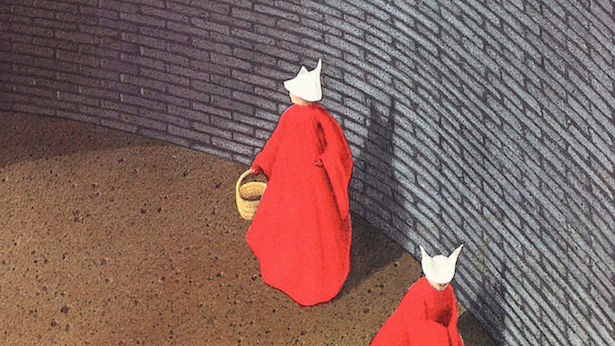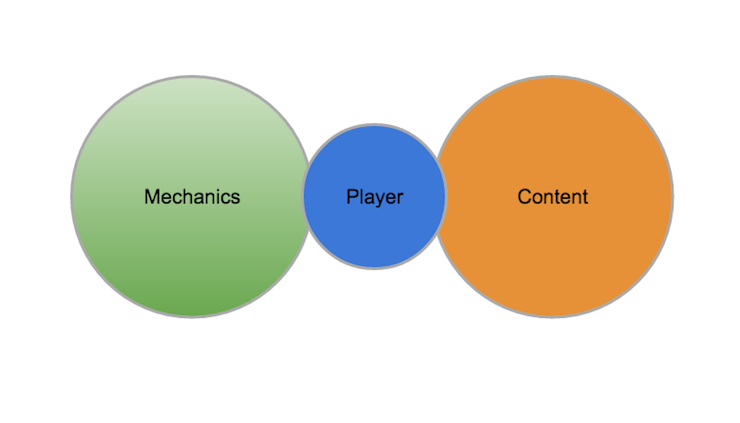This week, I was re-reading Donna Haraway’s “Situated Knowledges: The Science Question in Feminism and the Privilege of Partial Perception,” and I had one of those revelatory moments that come only when you’ve read something a million times already, when you have absorbed and understood it and are free to […]
donna haraway
The word phenomena is one I’ve been coming across a lot the past few weeks. In “Virtual Bodies in Virtual Worlds: A Phenomenology of Play in Video Games,” Benjamin Gattet, for one, applies Maurice Merleau-Ponty’s discussion of phenomena to “the experience of playing a video game” through the use of […]
I’ve been reading Patricia Melzer’s Alien Constructions: Science Fiction and Feminist Thought, and as a result I’ve been revisiting the ways feminist science fiction and video games converse and intersect. In the past, I’ve interrogated this conversation by specifically examining the different ways motherhood is represented in feminist science fiction […]
In response to a 2014 essay in First Person Scholar by Miguel Penabella, Jim Gee said, “For me, what makes a video game good is a loving marriage between game mechanics and content,” a simple statement that feels like a summary of much of the ludic theory we work with […]
This exploration of feminist games studies is a continuation—begin with part one here. Alisha: I think if we want to talk about the need for feminist games studies, we also have to take a minute to consider—briefly—the history of games studies, and maybe also the points at which feminist research […]





